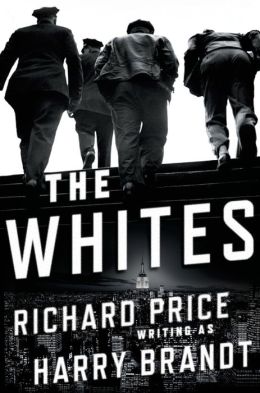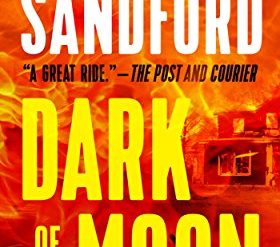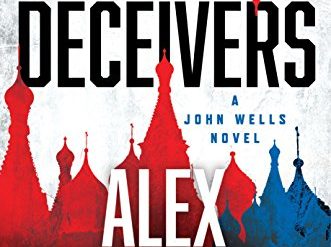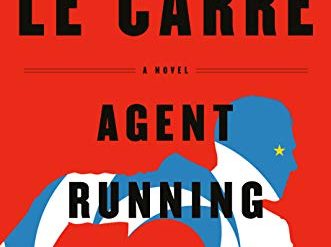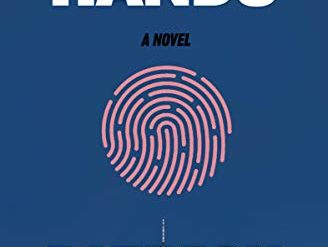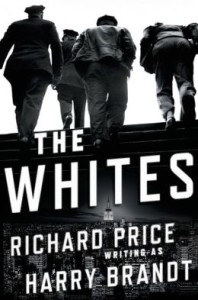
They all reminded me of Ahab . . . looking for their whales” — the “Whites” of the title in Richard Price‘s disturbing new novel about NYPD cops out of control.
The Wild Geese are a tightly knit cluster of five dedicated New York police officers, each one with his (or her) own White — a felon “who had committed criminal obscenities on their watch and then walked away untouched by justice.” Billy Graves is the only one of the White Geese still on the job. Because his diligence and intensity have alienated his superiors, he’s been relegated to the Night Watch, commanding a small group of detectives who are charged with responding to reports of serious crimes in lower Manhattan between 1:00 am and 8:00 am.
Told from Billy Graves’ perspective, The Whites is the story of the five White Geese and the criminals who haunt them. It’s a gritty tale that succeeds in calling up the sights and smells and sounds of Manhattan’s crowded streets. Above all, this is a story of revenge that explores the deepest recesses of human depravity. It’s not a fun book.
The Whites by Richard Price, writing as Harry Brandt ★★★★★
The Whites is unusually timely, having come out almost simultaneously with Jill Leovy’s superb true-crime drama, Ghettoside, which explores police-community relations in South Los Angeles through the eyes of a homicide detective similar in some ways to Billy Graves. (My review of Ghettoside is here.) Of course, both books emerged at the tail end of a huge nationwide debate over police murders of African-Americans — and both books cast a harsh light on the subject.
The Whites is the product of an accomplished writer with the life experience and the sensitivity to grasp the turmoil within the heart of anyone forced to make life-or-death decisions under great pressure. The cops in this book are as real as they can be.
It’s difficult to come away from reading The Whites and Ghettoside without concluding that the American way of policing our inner cities is badly broken — understanding at a deeper level than can be gotten from the news coverage of the deaths of Michael Brown and Eric Garner. Without doubt, racism lies at the root of the problem, unrecognized though it may be within law enforcement circles. But widely accepted police tactics such as stop-and-frisk are at fault as well, as Jill Leovy makes abundantly clear. So is the wide chasm between the cultures of the ghetto and the cops.
To begin addressing the problem, screen police applicants more thoroughly
There is no obvious and easy answer to these problems. However, I believe that a good place to start addressing the challenge would be to screen police applicants for their potential for empathy and to make training in empathy central to the curriculum in police academies. It might also be wise to require that police officers have completed at least two years at a junior college. Here in Berkeley, for example, police applicants must “[h]ave completed 60 semester or 90 quarter units of college coursework in police science, public administration, psychology or a related field.” As a consequence, newly minted police officers are more mature than the recent high school graduates who enter law enforcement positions in most communities, and they have some perspective on the context in which they’re to carry out their jobs.
Richard Price is the sort of “serious” novelist who publishes stories in the Paris Review and gets interviewed on NPR’s “Fresh Air.” He’s best known for the novels The Wanderers, Clockers, and Lush Life. For some mysterious reason, he wrote this book under the pseudonym Harry Brandt — mysterious, because his own name prominently appears on the cover, anyway. Go figure.
For more reading
This is one of the many Good books about racism reviewed on this site.
You might also enjoy my posts:
- Top 10 mystery and thriller series
- 20 excellent standalone mysteries and thrillers
- 30 outstanding detective series from around the world
- Top 20 suspenseful detective novels
- Top 10 historical mysteries and thrillers reviewed here
And you can always find my most popular reviews, and the most recent ones, on the Home Page.

